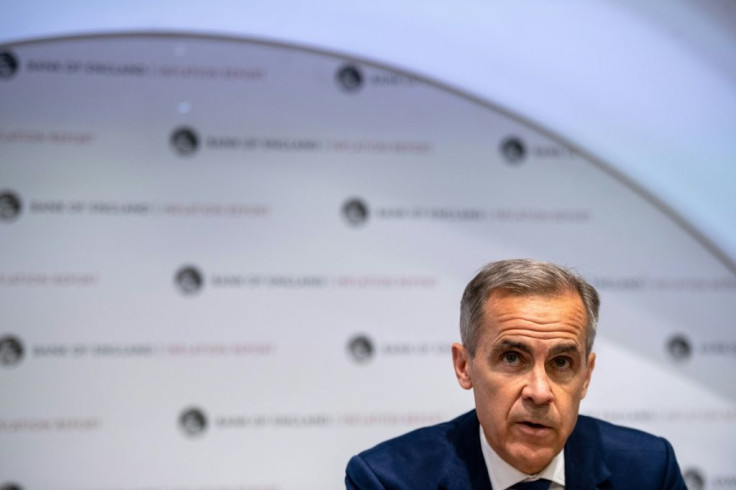After Big Tory Win, What Awaits UK Economy?

The election triumph by Prime Minister Boris Johnson's Conservatives will likely bring on Brexit and a stimulus kick-start for the British economy after years of punishing austerity.
"In terms of the economy and going forward, business after business wanted an end to the uncertainty" surrounding Brexit, British finance minister Sajid Javid told Sky News on Friday.
"Already, because of the election result... there are investors that have decided to deploy money, invest money, in the UK."
Chancellor of the Exchequer Javid insisted there "will be a deal dividend because of this election".
Below is an outline on what to expect following Thursday's vote that resulted in the Tories winning an 80-seat majority in Britain's parliament.
Given the clear scale of the Conservative majority, Britain's exit from the European Union may finally be pushed through by the end of January.
Johnson says that will free up the new government to concentrate on trying to grow the stalled economy.
Britain's economy avoided recession in the third quarter but there are increasing signs of slowing activity heading into the New Year, according to the latest data.
Gross domestic product rebounded by 0.3 percent in the July-September period after a 0.2-percent contraction in the second quarter, and growth stalled in October as manufacturing and construction slumped.
The Bank of England has upgraded its UK growth forecast to 1.4 percent in 2019, but downgraded 2020 guidance to 1.2 percent.
"It's a victory for relative stability on Brexit and the British economy," Jasper Lawler, head of research at London Capital Group, said in a research note.
The Tories have overseen a decade of austerity while in government following the global financial crisis, but Johnson has promised to pump billions of pounds into public services.
However at the same time, the Conservatives have said they do not plan to raise the three main taxes -- income tax, sales tax and national insurance contributions for state benefits -- questioning the party's commitment to fiscal responsibility.
The outlook for Britain's economy will be determined also by external factors according to experts, especially the China-US trade dispute amid a global slowdown.
One issue of keen interest to foreign investors, who have ploughed into the British property market, is a Conservative vow to make foreign individuals and companies pay more tax on residential purchases.
The scale of the Tory majority pushed the pound to a 18-month dollar peak and to highs against the euro not seen since the June 2016 Brexit referendum.
The London stock market's FTSE 100 index dipped initially at Friday's opening, hurt by the rallying pound's impact on major exporting companies, but was soon up again.
However, experts warned that the hard part is only just beginning in the Brexit talks with the EU, despite Johnson's insistence that a new trade deal can be agreed before a transition period ends in December 2020.
"Going forward, sterling should remain relatively well-supported, with focus likely remaining on the Brexit process rather than the economic fundamentals," said Michael Brown, senior analyst at foreign exchange group Caxton.
Sterling is seen as a better indicator of Britain's economic health than the London stock market's FTSE 100 index, which is loaded with multinationals earning in dollars.
The broader FTSE 250 index, which is more weighted with domestic companies, surged to a record high on Friday.
© Copyright AFP 2024. All rights reserved.




















